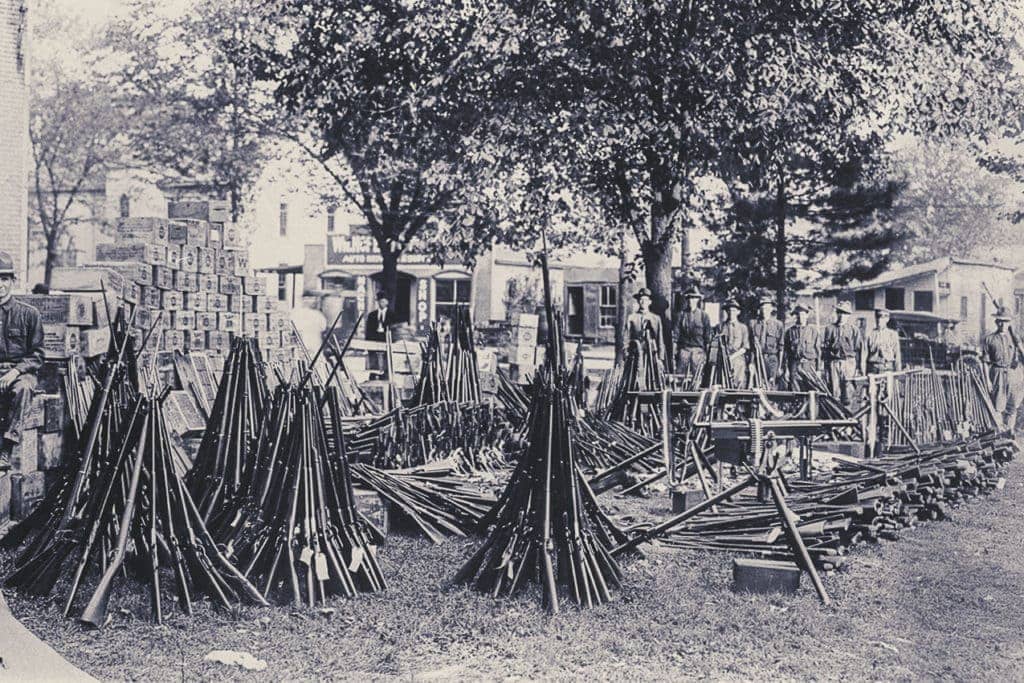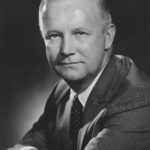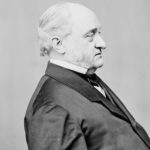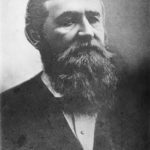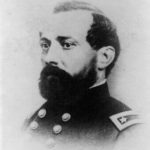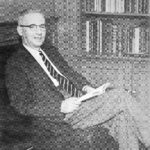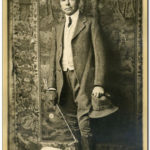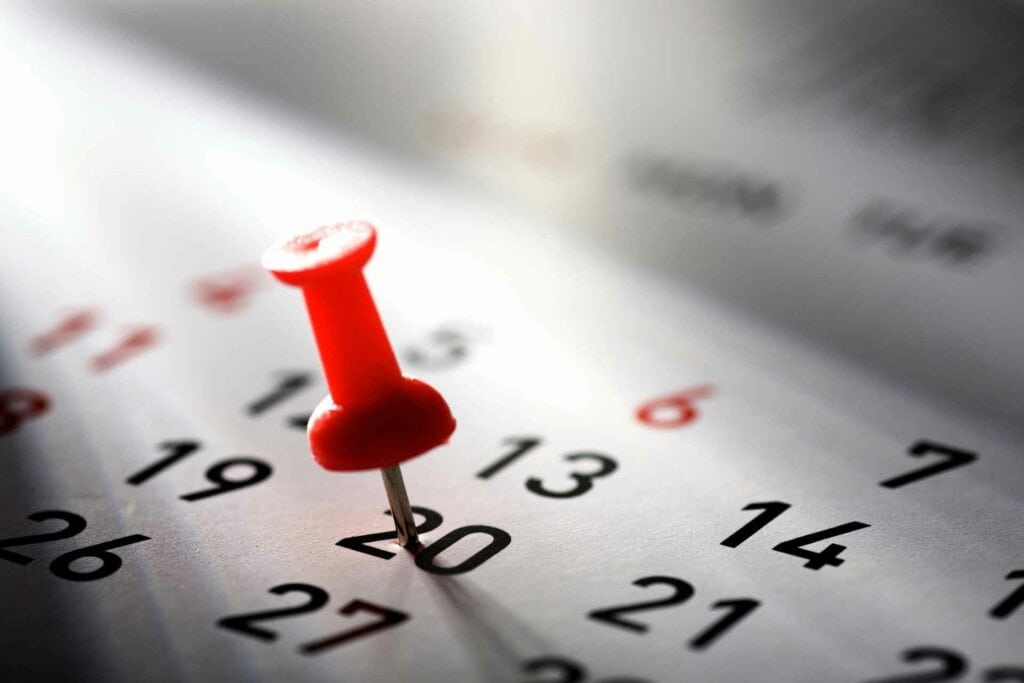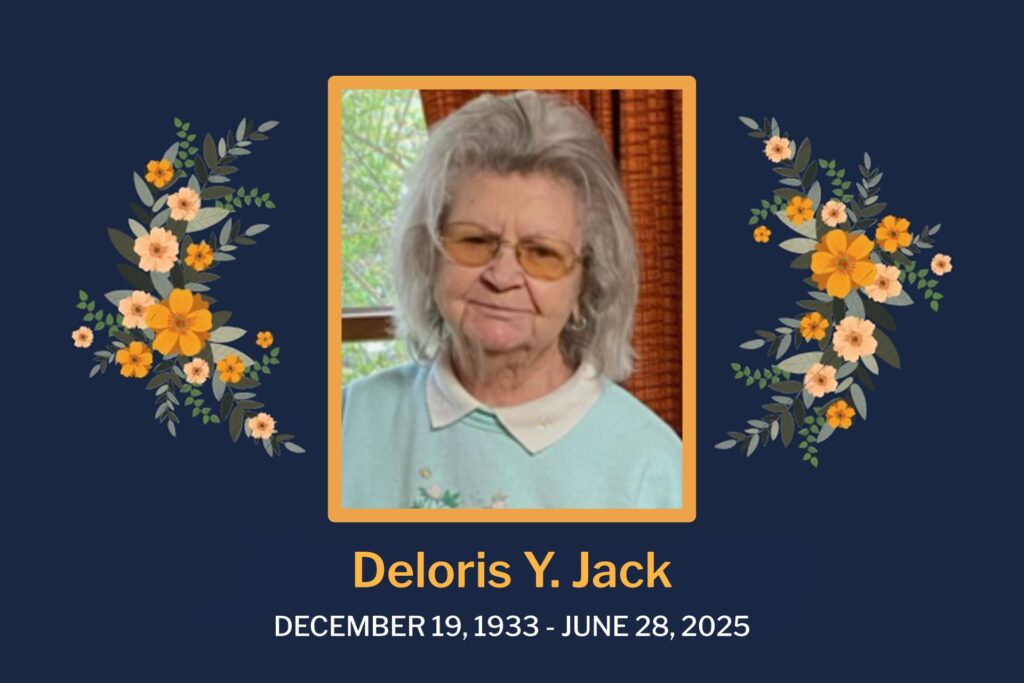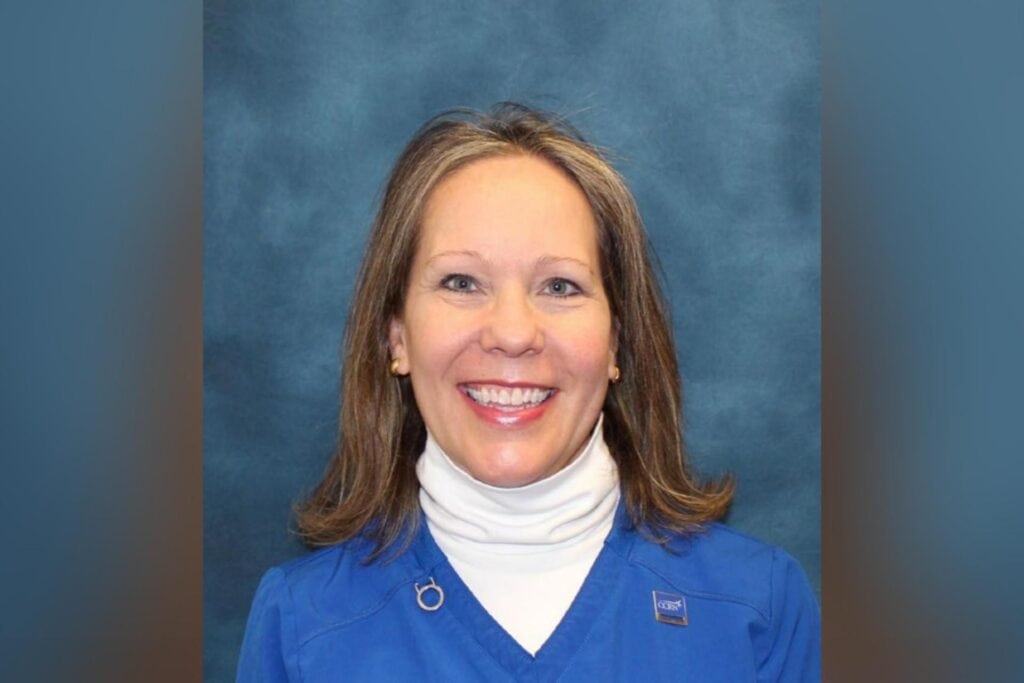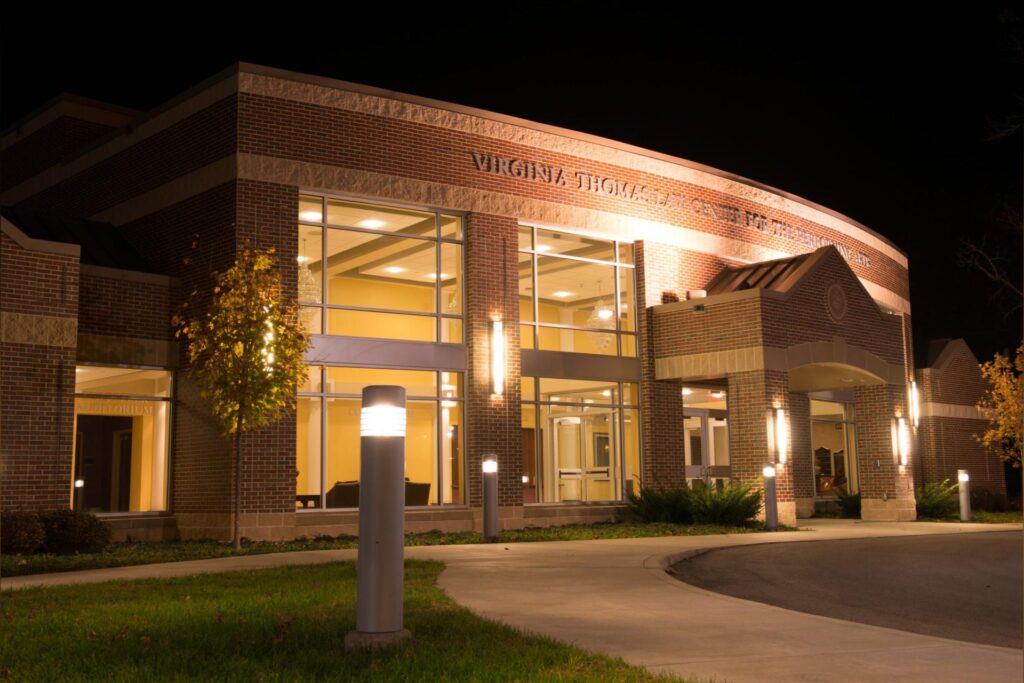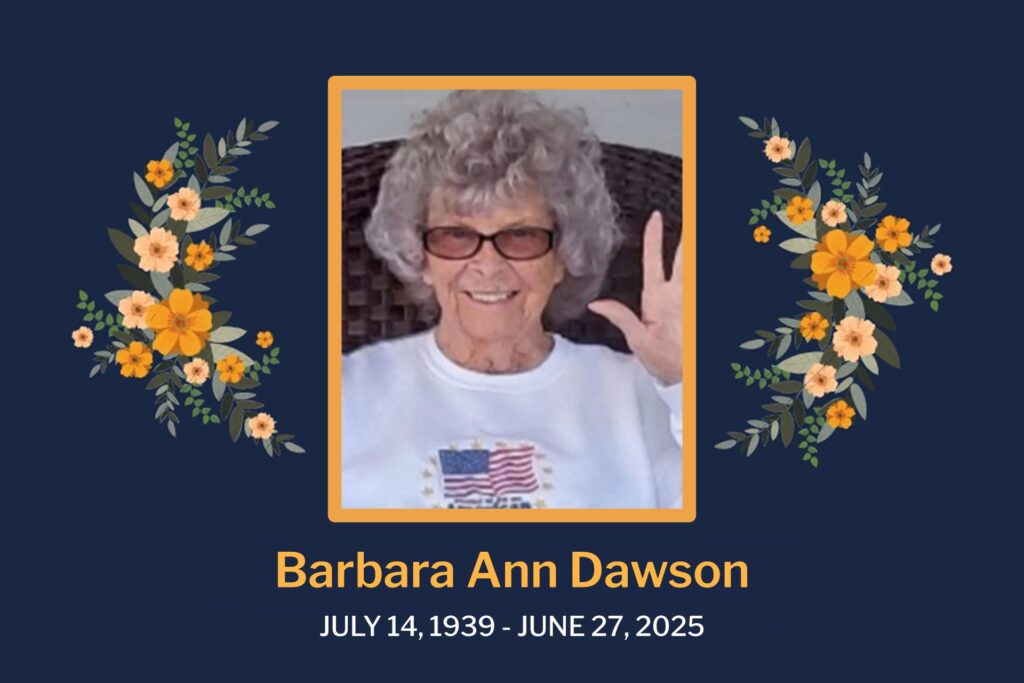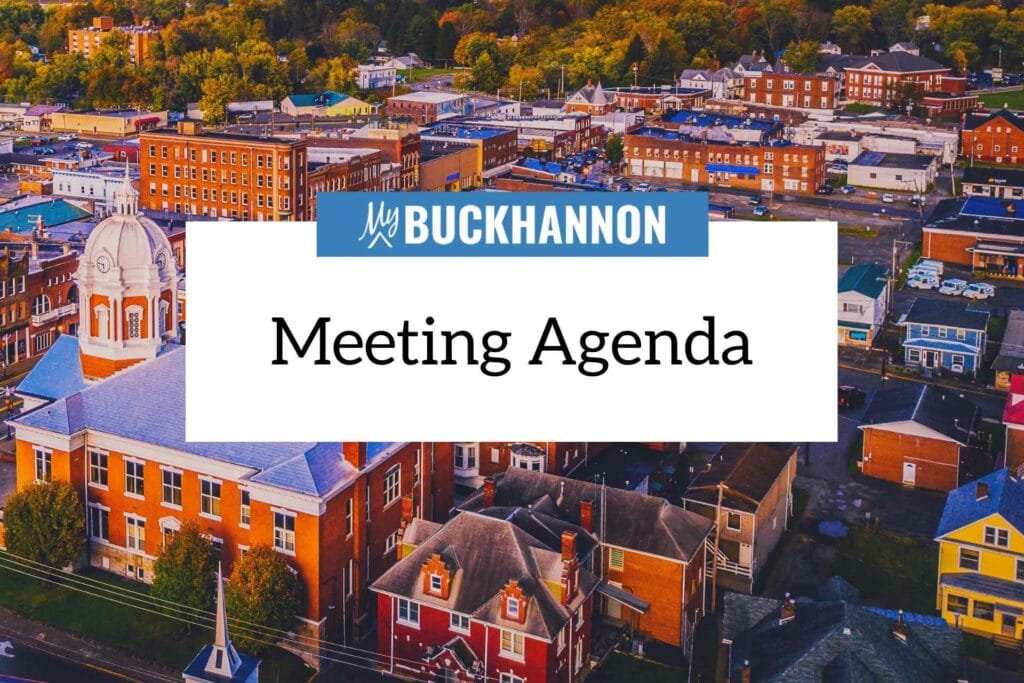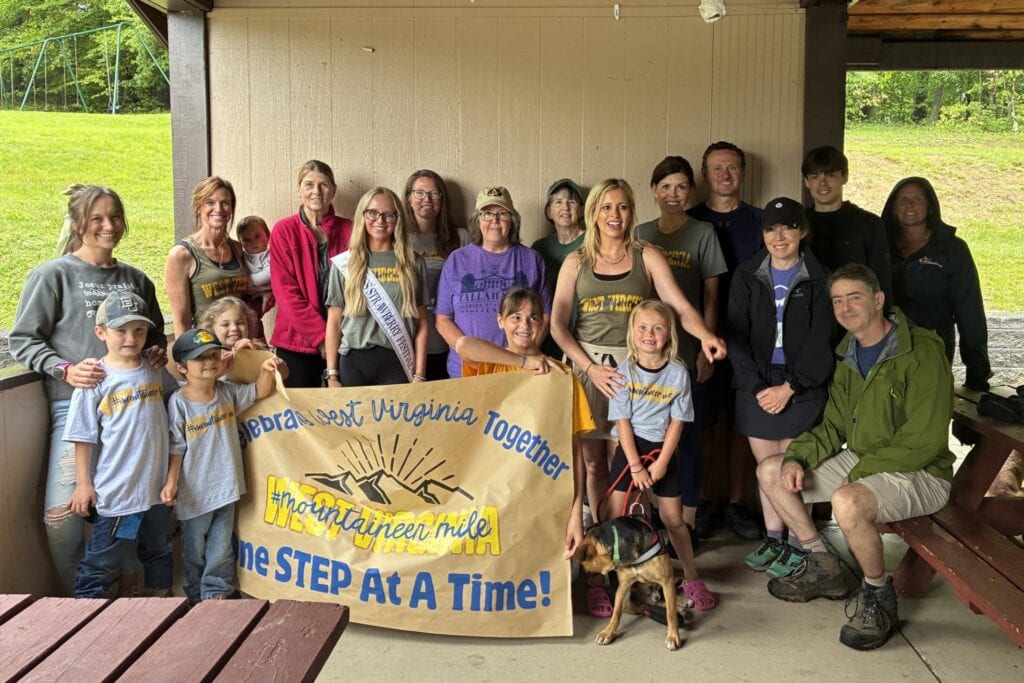Charleston, W.Va. – The following events happened on these dates in West Virginia history. To read more, go to e-WV: The West Virginia Encyclopedia at www.wvencyclopedia.org.
April 14, 1774: Surveyors met at the mouth of the Kanawha River to establish military bounty claims in Kentucky. They became involved in several skirmishes with Indians in the region. This was the start of Dunmore’s War, the name given to the conflict in the Ohio Valley in the spring of 1774.
April 15, 1872: Peter Godwin Van Winkle died in Parkersburg. Van Winkle was a member of the Governor’s Council of the Reorganized Government of Virginia, 1861–63, under Gov. Francis Pierpont. On August 4, 1863, Van Winkle was elected as one of the first two U.S. senators from the new state of West Virginia.
April 16, 1829: Jacob Beeson Jackson was born in Parkersburg. In 1880, he became West Virginia’s sixth governor.
April 16, 1894: Leonard Riggleman was born in a Randolph County cabin. As president of Morris Harvey College, he moved the school to Charleston in 1935 and led the college to accreditation in 1958.
April 16, 1923: Arch Moore was born at Moundsville. He was the first governor in 100 years to serve a second term, and he returned later for a third.
April 17, 1827: Outdoorsman William ‘‘Squirrelly Bill’’ Carpenter was born on the Elk River near the mouth of Laurel Creek. Carpenter guided prominent West Virginians, including Governor MacCorkle, through the wonders of the Elk Valley.
April 17, 1871: West Virginians approved the Flick Amendment, which allowed former Confederates to vote. The amendment also applied to former slaves, but they had been enfranchised already by the 15th Amendment to the U.S. Constitution.
April 18, 1912: The Paint Creek-Cabin Creek Strike of 1912–13 began when coal operators rejected the demand of their unionized workers for a wage increase. The strike that followed was one of the most dramatic and bloody conflicts in the early 20th century labor struggles in southern West Virginia known as the Mine Wars.
April 19, 1896: Writer Melville Davisson Post was born in Harrison County. His best-known works are the Randolph Mason series, published in three volumes, and the more successful collection, Uncle Abner: Master of Mysteries.
April 19, 1902: Author Jean Lee Latham was born in Buckhannon. She wrote a number of children’s books, including Carry On, Mr. Bowditch, which won the 1956 Newberry Award.
April 20, 1823: General Jesse Lee Reno was born in Wheeling. He graduated from the U.S. Military Academy at West Point in 1846, eighth in a class that included another cadet from western Virginia, Thomas J. Jackson, later known as Stonewall.
April 20, 1863: President Lincoln issued a proclamation that in 60 days West Virginia would become a state. This occasion was marked 100 years later during the state’s Centennial celebration with a special ceremonial session of the West Virginia legislature on April 20, 1963, in Wheeling.
April 20, 1909: Fiddler Melvin Wine was born near Burnsville. A favorite of old-time music enthusiasts nationally, he was chosen as a National Heritage Fellow in 1991 by the National Endowment for the Arts, the highest recognition given to a folk artist in the United States.
April 20, 1939: Poet Irene McKinney was born in Belington, Barbour County. Governor Gaston Caperton appointed her state poet laureate in 1993, and she served in that capacity until her death in 2012.
